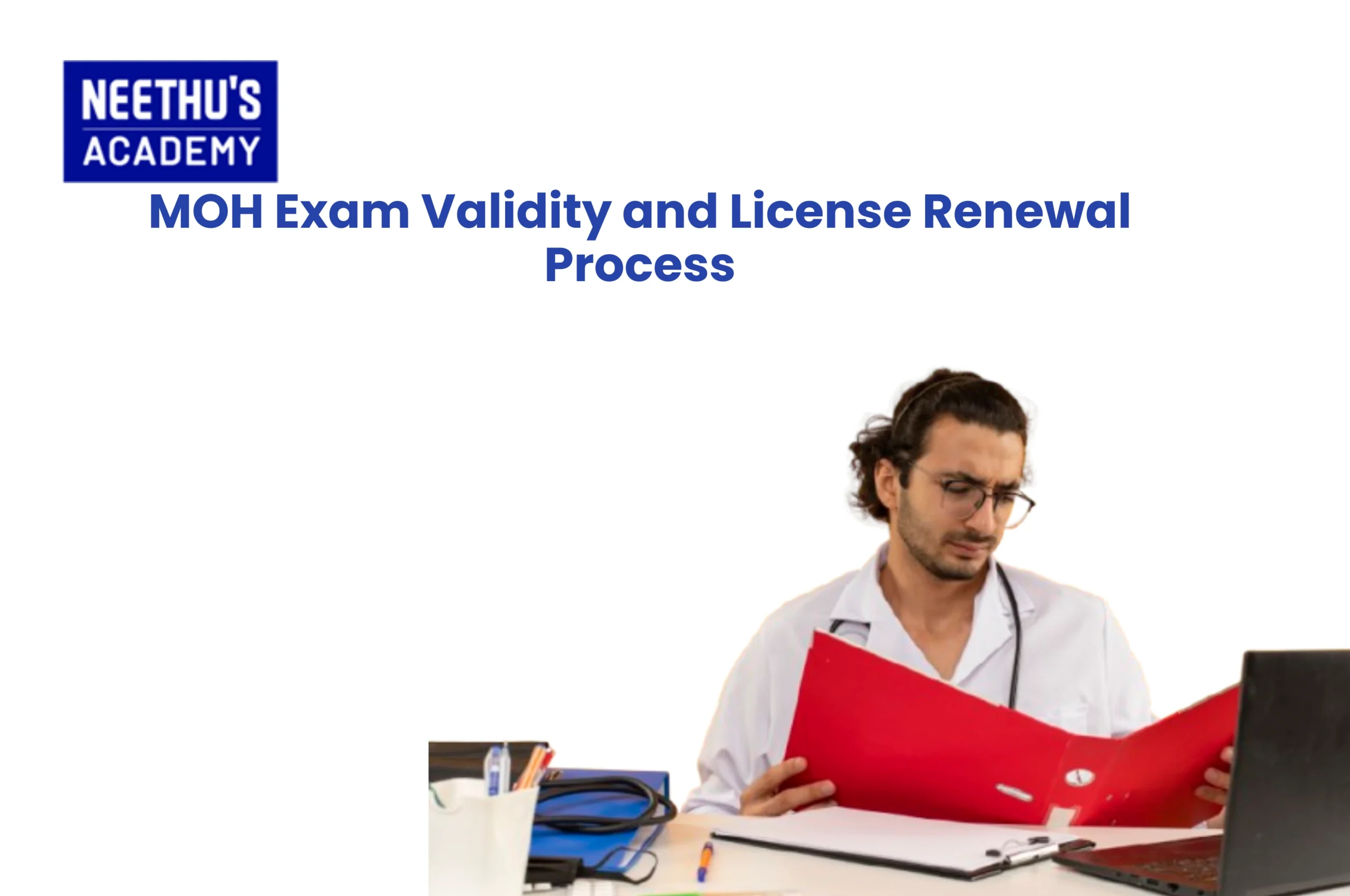It is absolutely possible to increase your score in IELTS speaking within one month if you are motivated, really well prepared, and…

How to Prepare for IELTS Without Coaching: Free Resources That Work
Preparing for the IELTS exam doesn’t always require joining a coaching centre—IELTS preparation without coaching is completely achievable if you follow a structured plan and use high-quality free IELTS study materials.
With enough discipline, smart strategy, and the right online tools, thousands of students achieve Band 7+ every year through independent learning. The best part? You can build an effective IELTS self-study plan without spending any money.
Understanding the IELTS Structure: Modules, Time Limits & Scoring Criteria
Before you start studying, it’s crucial to understand the exam format so you know exactly what to expect on test day. IELTS consists of four modules:
- Listening (30 minutes + 10 minutes transfer time for paper-based test)
You’ll hear four audio sections with increasing difficulty, followed by 40 questions ranging from MCQs to map labeling.
- Reading (60 minutes)
Three long passages for Academic IELTS or multiple shorter texts for General Training.
40 questions include True/False/Not Given, matching headings, and sentence completion.
- Writing (60 minutes)
- Academic: Task 1 (chart/graph summary) + Task 2 (essay)
- General Training: Task 1 (letter writing) + Task 2 (essay)
- Speaking (11–14 minutes)
A face-to-face interview with:
- Part 1: Introductory questions
- Part 2: Cue-card
- Part 3: Follow-up discussion
Each module is scored on a 0–9 band scale, and your overall band is the average.
Understanding this structure helps you tailor your IELTS self-study plan efficiently.
Top Free Resources for Effective Self-Study
You don’t need paid courses when some of the best IELTS resources online are completely free and trusted by lakhs of learners.
- Official Practice Tests – IELTS.org (Highly Recommended)
The official IELTS website provides authentic sample questions, scoring guides, and timed practice tests.
These materials are closest to the real exam and must be part of your core preparation.
What you get:
- Free official practice PDFs
- Sample speaking recordings
- Writing band descriptors
- Test format explanations
- British Council & IDP Online Lessons
Both test partners offer free masterclasses and learning portals.
British Council provides:
- Road to IELTS (free version)
- Practice exercises
- Video tutorials
- Grammar and vocabulary lessons
IDP offers:
- Free webinars
- Writing and speaking tips
- Downloadable worksheets
These are exam-authorised sources, making them extremely reliable for IELTS preparation without coaching.
- YouTube Channels Offering High-Quality IELTS Lessons
E2 IELTS
-Some of the best teachers worldwide share powerful strategies for free.
IELTS Liz
-Great for writing and speaking techniques, templates, and live practice.
IELTS Advantage
-Short, clear lessons covering writing tips, practice questions, and common mistakes.
These channels are perfect for visual learners who prefer real examples and guided tutorials.
- Free Grammar and Vocabulary Apps
Grammar and vocabulary are essential for all modules—especially speaking and writing.
Useful apps include:
- Grammarly – Correct grammar and improve writing clarity
- BBC Learning English – Short, practical lessons
- Vocabulary.com – Build word power with quizzes
- Oxford Learner’s Dictionary – Learn accurate pronunciation
Using these daily will strengthen your language foundation effortlessly.
Building a Study Routine: How to Create a 30-Day or 60-Day Free Prep Plan
A well-planned routine is the backbone of effective self-study. Here’s how to create a flexible plan based on your exam date.
30-Day Intensive Plan (For Fast Learners or English-Strong Students)
Ideal for students who already have good English basics.
Weekly Breakdown:
Week 1 – Learn exam structure + complete basic practice
Week 2 – Listening & Reading drills + Writing basics
Week 3 – Full-length mocks + writing improvements
Week 4 – Final revisions + speaking practice daily
Daily tasks:
- 1 mock test (alternating modules)
- 30 minutes speaking practice
- 1 writing task
- 1 hour reading/listening practice
60-Day Standard Plan (For Beginners or Busy Students)
A more relaxed but effective plan.
Weekly Breakdown:
Weeks 1–2 – Learn format, watch tutorials, solve beginner-level questions
Weeks 3–4 – Intermediate practice: reading passages, writing tasks
Weeks 5–6 – Advanced practice + full-length mock tests + revision
Daily tasks:
- 1 reading section
- 1 listening section
- Alternate writing tasks
- Speaking practice with a partner or using recording apps
Whether you choose 30 or 60 days, consistency is the key to success in IELTS preparation without coaching.
Tracking Progress: Self-Assessment Tools & Mock Test Strategies
Monitoring your improvement is essential to secure your target band.
- Use Online Timed Mock Tests
Websites like IELTS.org, IDP, and British Council offer timed tests.
Solve at least 1–2 full mocks every week.- Analyse Your Performance
After each test, check:
- Wrong answers
- Time taken
- Repeated mistakes
- Vocabulary gaps
- Record Your Speaking Sessions
Use your phone to record responses and compare them with Band 9 samples.
This is one of the most effective ways to improve fluency, coherence, and pronunciation.- Evaluate Writing with Band Descriptors
Check:
- Task achievement
- Coherence & cohesion
- Lexical resource
- Grammar accuracy
Self-assessment becomes easier when you follow the official scoring criteria.
Common Mistakes to avoid in Self-Study
Self-study works, but only when you avoid the usual traps.
- Lack of a Fixed Schedule
Without a routine, your preparation becomes inconsistent and ineffective.
- No Mock Test Analysis
Taking tests without reviewing errors will not help you improve.
- Ignoring Speaking Practice
Many test-takers skip speaking because they have no partner—this leads to low fluency scores.
- Over-Relying on Tips Instead of Practice
Watching videos alone won’t help unless you practice regularly.
- Using Too Many Resources
Stick to a selected set of free IELTS study materials instead of jumping between sources.
Conclusion
With consistent practice, smart planning, and the right IELTS self-study plan, you can score your dream band even without joining coaching.
Use official resources, follow a structured routine, track your progress, and stay disciplined—your success in the IELTS exam depends more on your preparation strategy than on paid classes.
Frequently Asked Questions
Yes, you can prepare for IELTS at home using structured planning and free online resources.
Yes, you can retake a single module—Listening, Reading, Writing, or Speaking.
Most students need 30–60 days of consistent self-study to be exam-ready.
Record your speaking, practice cue cards daily, and compare your responses with online band 9 samples.
Related Blogs
- All Posts
- IELTS
The reading module of the IELTS exam tests your comprehension skills on a variety of question types in a short period. Among…
Time management is the only way to succeed in the IELTS Listening module. In 30 minutes, 40 questions must be completed, and…
Course Enquiry
Latest Posts
- All Posts
- canada
- CBT
- DELF
- DHA
- French
- GENERAL
- German
- Haad
- IELTS
- IQN NEW ZEALAND
- MOH
- NCLEX-RN
- NHRA
- OET
- OSCE
- Pearson Vue
- PROMETRIC
- PTE
- TOEFL
- Back
- NCLEX - NGN
- Back
- OET FOR PHYSIOTHERAPIST
- OET FOR PHARMACIST
- OET FOR DOCTORS



